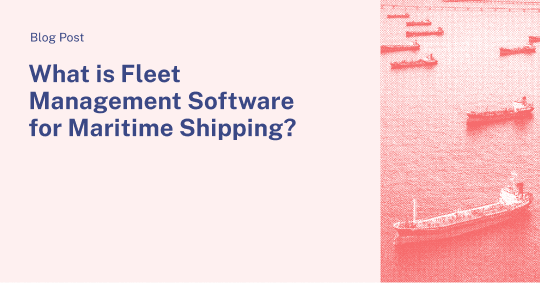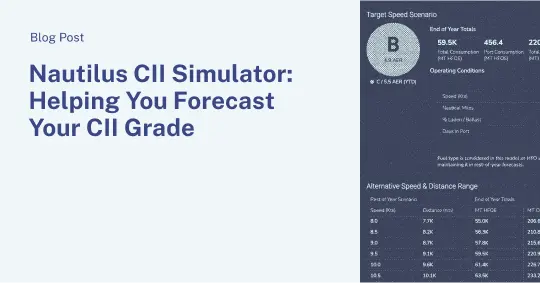Last week, Nautilus attended SHIPPINGInsight, the 8th annual Fleet Optimization & Innovation Conference & Exhibition in Stamford.
The focus of the event was “2020: A Shipping Odyssey”—based on the 1963 movie 2001: A Space Odyssey. In the movie, the crew was sent to space on a mission to change the world. Obviously, there are myriad similarities to today’s shipping industry—namely environmental effects and new technologies.
Carleen Lyden Walker, Chief Evolution Officer at SHIPPINGInsight, along with Conference Chairman, Angus Campbell, (Director, Energy Projects at Bernhard Schulte Shipmanagement) opened the conference and the first Plenary Session “A Shipping Odyssey”. Meanwhile, Keir Dullea presented in his opening keynote “Where in The World are we? Maritime’s Role in The Coming Decade”—another tie-in to the 1963 film. He made clear that he sees the shipping industry as the next wave in technology enhancement. (And in fact, Dullea had played Dr. David Bowman, in “2001: A Space Odyssey”).
But, overall, this theme could be found all around the conference. Next year will be a big moment for shipping. IMO 2020 is around the corner.
It’s no secret that change must happen.
But change must come sooner, rather than later.
By and large, attendees of the conference agreed that the industry specifically needs ways to better process data—to receive information that’s not only meaningful, but actionable.
(Owners/operators often run into the challenge of having to work with unreliable data, multiple and disparate systems, combined with increasing pressures from clients and shareholders.)
Another key highlight we wanted to mention: SHIPPINGInsight’s version of the hit show “Shark Tank”. The presenters consisted of many tech startups currently entering the industry and had a very small window of time to pitch their ideas. The “Shark” panel was filled with industry insiders like Wärtsilä’s Kevin Humphreys, Rich Pruitt from Carnival Cruise Lines, and Marina Hadjipateras from Trail Mix Ventures. And given all of the IMO 2020 discussions, this year’s winner was Ultraclean Fuel, a startup focused on exploiting a new desulphurization process.
Beyond business moves, a big topic at the conference was the health and safety of seafarers. Out in open water, owner/operators are not only concerned with physical crew conditions and long-term exposure to varying weather conditions but also the mental health of their crew members. Things are improving, both onshore and at sea, as technologies are making it possible to stay in touch with family and friends for improved, long-term well-being.
We also saw a lot of optimism and willingness to change, with clean energy and technology, while also increasing efficiency at the fleet and vessel levels. Arlie Sterling, President and Co-Founder of Marsoft, asked the audience whether they saw clean energy and advanced technology as immediately realistic or ultimately unattainable. Encouragingly, the majority of attendees voted for the former.
But shipping companies still need to compete through operational excellence and more informed decision-making.
At Nautilus, we’re contributing to both their environmental and operational missions by helping our shipping clients adopt new technologies, find value, and also have a positive impact on the health of our planet’s seaways (like by understanding a vessel’s calm water performance, identifying and tracking degradation over time).
Back at CMA’s April conference, Nautilus’s CEO, Matt Heider, also referenced the movie “2001: A Space Odyssey”. As in the film, without technology, unreliable and erratic data (like noon reports) can leave money on the table, specifically when it comes to vessel performance and voyage optimization. But if it’s truly built to fit the industry’s needs—value can be immediate, practical, and grown over the long term.
On behalf of Nautilus, we’d like to thank Carleen Lyden Walker and SHIPPINGInsight for another, extremely valuable conference.
We’re looking forward to next year’s event!


